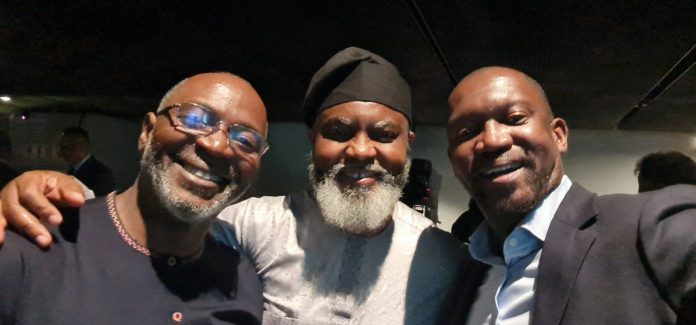Africa witnessed a historic moment this week as global and regional technology leaders gathered at the Zeitz Museum of Contemporary Art Africa (Zeitz MOCAA) in Cape Town for the official launch of Meta’s highly anticipated 2Africa subsea cable. The event marked the culmination of eight years of intensive work on what is now recognized as the largest subsea cable project in Africa and the world’s first 16-core fiber system, designed to connect 33 countries and unlock new opportunities for more than 3 billion people—representing 30% of the world’s population.
Reflecting on the journey, Wole Abu, Managing Director for West Africa at Equinix and a key figure in the project’s rollout, noted the resilience behind the initiative. He recalled how, even during the global shutdown in April 2020, the 2Africa project continued to push forward—demonstrating the commitment of its partners to enhance digital access across the continent. According to Abu, the project is “more than infrastructure—it is transformation,” with landing stations poised to evolve into innovation hubs that will bolster fintech growth, drive advancements in telemedicine and digital education, and empower local startups to compete globally.
Abu expressed pride in MainOne, an Equinix company, serving as a landing partner for Nigeria. He emphasized that in the emerging era of artificial intelligence, digital infrastructure has become synonymous with economic infrastructure, forming the backbone of Africa’s future competitiveness. With subsea cables engineered to last up to 25 years, he highlighted that the long-term impact of 2Africa will extend far beyond the lifespan of many of the corporate strategies that shaped it, symbolizing a “tree planted today whose fruits will be enjoyed by future generations.”
The significance of the project was reinforced by DRC’s Minister of Communication, Hon. José Mpanda Kabangu, who stated that “Africa has the right to be connected and the right to speak together.” His words echoed the broader sentiment shared by leaders and stakeholders at the event—that Africa must stand at the center of global connectivity, not in the distant future, but immediately.
With figures such as Lanre Kolade, Sandile Dube, and Sade Dada also present, the launch of the 2Africa cable signals a new chapter in the continent’s digital evolution. As Africa strengthens its position within the global data and connectivity ecosystem, the 2Africa cable is expected to fuel economic growth, enhance innovation, and shape the technological trajectory of generations to come.




